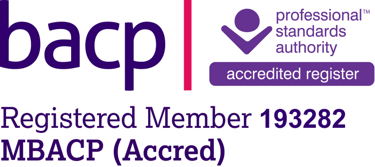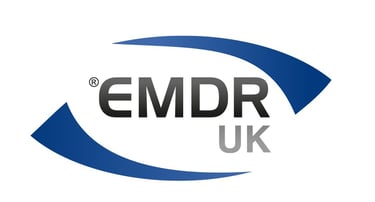CBT
05
I hold a PG Diploma in Cognitive Behavioural Therapy, an evidence-based therapy, recommended for anxiety, depression and a wide range of mental health difficulties


Modality
I offer in person and online (video) appointments for the CBT sessions.
How long will it take?
Session are 50 minutes long and the number of sessions varies depending on your needs. It is possible that between 6 and 20 sessions can be sufficient for a client to notice improvement. We will regularly review your progress and this will help work out the number of sessions you require.
Want to try CBT?
Call or email me if you would like to know more and we can discuss your needs: Lisa@talkdynamic.co.uk
Client feedback
'Sessions with Lisa have helped in terms of having more self-awareness and reflecting on my thoughts and emotions. Regulating these were important for my self-development as I struggled with communicating my needs and worries for many years.
It also helped me address traumas from my childhood – abandonment, people-pleasing and self-sabotaging. I wanted to communicate my needs better and learn how to set boundaries, I’ve learnt techniques from the sessions, but the most impactful one was the session with my younger self.'
Feeling lost?
Do you feel anxious, depressed, have ruminating and negative thoughts, unhelpful habits that you can’t stop, compulsive behaviours that trap you in a cycle of repetition or fears and phobias that seem uncontrollable?
Cognitive Behavioural Therapy or CBT is recommended by the National Institute for Health and Care Excellence (NICE) as a first choice of treatment for these and many other common mental health problems.
However, at present, NHS waiting lists are long for such treatment and many people will be offered group or online CBT courses. Whilst these can be helpful, they are not as individual and supportive as working with a CBT practitioner.
What is CBT?
CBT is a talking therapy that helps you understand that your thoughts, feelings, behaviour and physical sensations are connected and identify unhelpful thoughts and behaviours. These may have served you well at one time but in the present, they are less helpful.
CBT offers practical tools and techniques as well as inviting you to measure and monitor what you do. From there, you can try out new coping skills, let go of negative old patterns and gain new perspectives that will help you to gradually feel better.
Working with goals
We will set some specific goals for what you want to work on. We will use measuring tools to monitor changes. You will need to commit to doing independent work outside sessions such as thought records and mood diaries.
I am based in South East London and work with clients in person, online and by telephone. If calling, please leave your mobile no on the voice message.
Working hours:
Mon-Wed: 8am - 8pm Thurs & Fri 8am - 5pm
Closed weekends
Contacts
lisa@talkdynamic.co.uk Mob: 07789278820

Lisa Hitchen
Integrative Therapist, EMDR Therapist & Clinical Supervisor Dip (Couns), Reg Member MBACP Accred Member of EMDR UK






